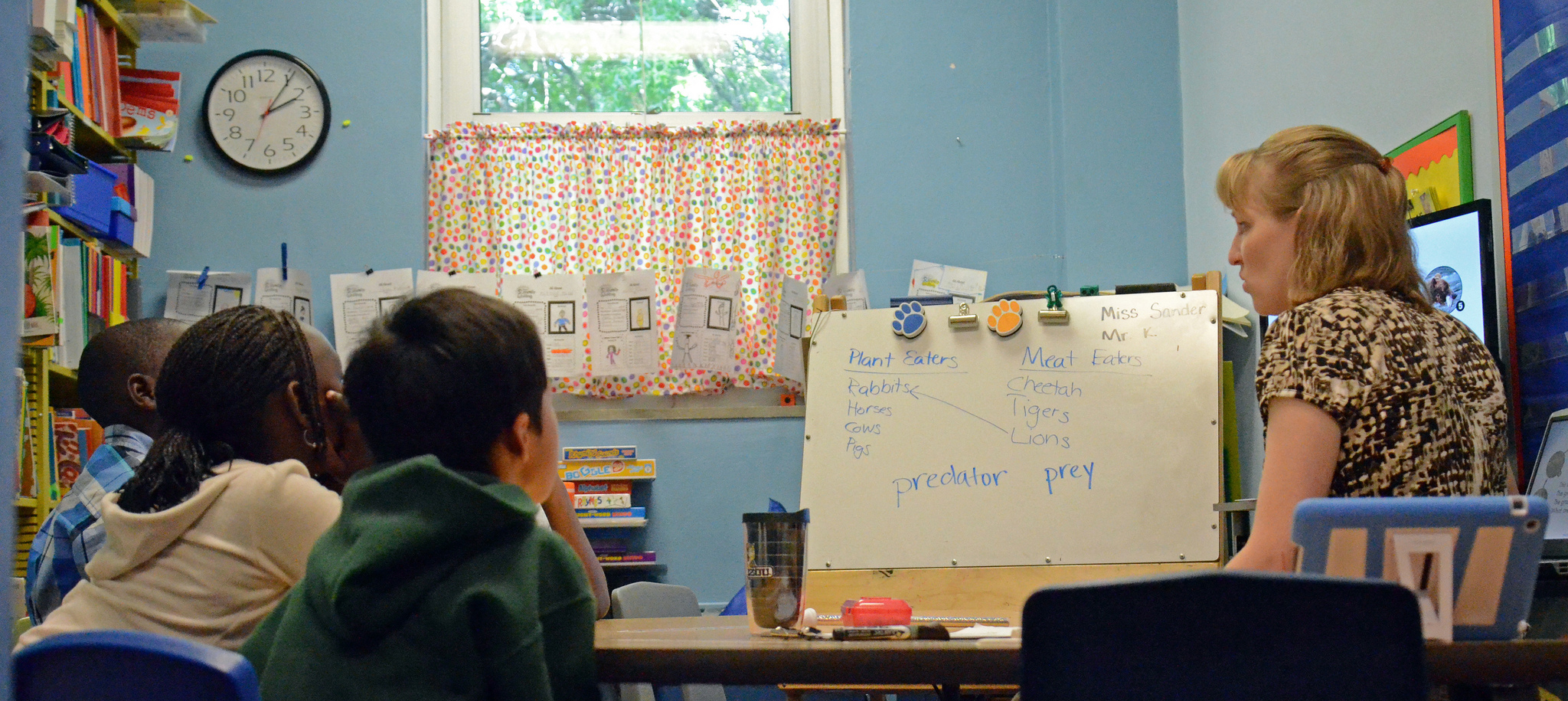
May 16, 2016 12:00:00 AM
Iris Maria Chávez is an education advocate and communications consultant, currently working with national and Oregon focused organizations to advance equity by supporting the creation of just policies, engaging with communities and supporting communications efforts that better communities in Oregon and across the nation. Iris Maria has lived in Portland for just over a year and came to the Pacific Northwest from Washington, D.C., where she worked for over a decade in education policy and advocacy for civil rights and advocacy organizations such as the Education Trust and the League of United Latin American Citizens (LULAC). Iris Maria earned a BA in history, sociology and African diaspora studies from Tulane University in New Orleans and a MA in social policy from the University of Chicago, during which she also worked as a social worker in the Chicago Public Schools.
Few issues in education spark more tension and debate than standardized testing. Are they a tool for equity or a burden on students? A necessary check on school systems or a flawed measure of...
Charter schools are public schools with a purpose. Operating independently from traditional school districts, they're tuition-free, open to all students, and publicly funded—but with more flexibility...
Despite the benefits of a diverse teaching force, prospective teachers of color fall out of our leaky preparation pipeline at every stage: preparation, hiring, induction, and retention. Here’s what...
Ed Post is the flagship website platform of brightbeam, a 501(c3) network of education activists and influencers demanding a better education and a brighter future for every child.
© 2020-2025 brightbeam. All rights reserved.
Leave a Comment